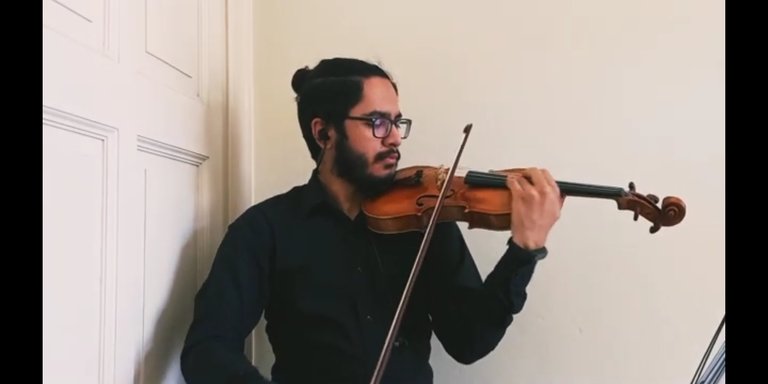La ópera Italiana / Italian opera

Hola queridos y apreciados amigos, espero estén muy pero muy bien el día de hoy,
Para el post de hoy, quiero seguirles trayendo pequeños fragmentos musicales de distintas épocas o períodos de la historia, para así las personas que me lean tengan musicalmente hablando ciertas diferencias bien marcadas de estos periodos, y cuando escuchen una pieza, sepan enseguida identificar estás características,
Anteriormente habíamos hecho un recorrido por quizás los dos períodos más complicados de la música, a la hora de interpretar, tanto el Barroco y el Clasicismo,
En el Barroco usamos de ejemplo a Vivaldi, y en el Clasicismo por supuesto, a Mozart.
Esta vez vamos mucho más acá, a los siglos XIX y XX, en lo que es Italia, pero específicamente, en el área de la ópera,
Primeramente en la música de esta época encontraremos algo mucho más intenso a diferencia de los períodos que vimos y escuchamos anteriormente. Escucharemos armonías más intensas, textos más intensos (y también mucho más al lado terrenal, carnal)
Las partes extasiadas de estás obras son muy pero muy diferentes, es por ello que esta vez quiero traerles un fragmento corto pero preciso, del color de la obra de esa época.
Notaremos una sutileza, que a diferencia del barroco y del clasicismo, es mucho más romántica y más dramática. Siendo esta quizás la diferencia gigantesca de todas estas obras.
Así que sin más nada que agregar por hoy, espero lo disfruten, ¡Abrazos Miles!

Hello dear and dear friends, I hope you are very, very well today,
For today's post, I want to continue bringing you small musical fragments from different eras or periods of history, so that the people who read me have musically speaking certain well-marked differences of these periods, and when they listen to a piece, they can immediately identify these characteristics ,
Previously we had made a journey through perhaps the two most complicated periods of music, when it comes to interpreting, both Baroque and Classicism,
In the Baroque we use Vivaldi as an example, and in Classicism of course, Mozart.
This time we go much more here, to the 19th and 20th centuries, in what is Italy, but specifically, in the area of opera,
First of all in the music of this time we will find something much more intense unlike the periods that we saw and heard before. We will listen to more intense harmonies, more intense texts (and also much more to the earthly, carnal side)
The ecstatic parts of these works are very, very different, that is why this time I want to bring you a short but precise fragment, in the color of the work of that time.
We will notice a subtlety that, unlike baroque and classicism, is much more romantic and more dramatic. This being perhaps the gigantic difference of all these works.
So with nothing more to add for today, I hope you enjoy it, Hugs Miles!
Bellísimo!
Muchas gracias por leer y escuchar Debora, un abrazo!!
Mil gracias por el apoyo!!!
Resteemed, your post will appear in the next curation post with a share for you!
Your post has been supported and upvoted from the Classical Music community (Subscribe at peakd and Steempeak) as it appears to be of interest to our community. We also support jazz and folk music posts!
If you enjoy our support of the #classical-music community, please consider a small upvote to help grow the support account!
You can find details about us below.
The classical music community at #classical-music, Peakd, Steempeak and Discord. Follow our community accounts @classical-music and @classical-radio or follow our curation trail (classical-radio) at Hive Vote or SteemAuto!